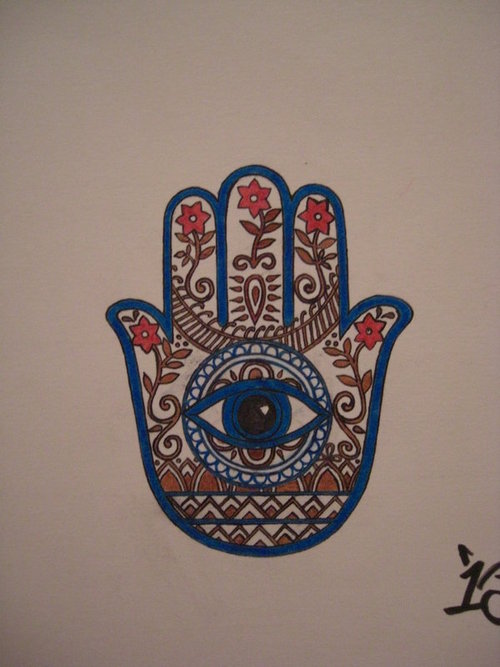
It is Wednesday night. You know what that means: a new episode of SyFy’s Ghost Hunters airs this evening. As of 9 pm EST, online communities will issue the usual praise or condemnation regarding the show. The same will happen on Friday night when Ghost Adventurers (Travel Channel) comes on – albeit to a lesser degree. Of course, just wait for the final episodes of Paranormal State (A&E) to air. Oh my goodness. Critics seem to enjoy few things as much as bashing various TV programs.
The 2004 launch of Ghost Hunters has forever changed America’s comfort level with spooky topics. All paranormal reality TV shows have permanently altered the paranormal community, which is now a full-fledged worldwide movement of hobbyists who establish investigative groups, develop or purchase specialized ghost hunting equipment, attend conferences, and offer continuous online commentary on paranormal reality TV’s nature.
Interestingly, the very community created by paranormal reality TV is now the genre’s loudest critics, lamenting the obvious truth that TV does not depict the complete story. Yet, this conversation is misguided. Here is the thing: paranormal investigators who constantly complain about the shows appear to be uninterested in investigation – in all components (from the cultural and historical aspects to actual field work). People who are invested in investigation have other things to do than chat about TV shows. Seriously.
Yes, the entertainment factor has issued some challenges. The number of “paranormal investigators” has increased exponentially, but awareness has decreased regarding parapsychology, the history of physical research, and larger cultural, social (and sometimes, medical) issues behind the paranormal. Many new investigators just want to have an experience, even if they claim to “help” clients or pursue “science.” Likewise, some homeowners just want to be haunted, and become upset if groups fail to locate their supposed resident ghost. TV has made things complicated.
Privately, cast members express frustration over entertainment culture’s limitations, but they also acknowledge that TV is the most effective medium to deliver a message. I mull this this over with cast members from various shows in my forthcoming book, Paranormal Obsession: America’s Fascination with Ghosts, Hauntings, Spooks, & Spirits (Llewellyn, Sept 2011). Most TV folks suggest that the genre ultimately does more good than harm. America now openly discusses personal ghost experiences. The shows have encouraged an unprecedented level of dialogue, innovation, and exploration.
Rev. Sherrie James, a minister who is also an investigator, suggested that the paranormal is really the final frontier for everyday people. It is a wonderful space where one can be creative, and explore meaningful issues like faith, spirituality, and cool experiences. The best part is that this is open to anybody, and everybody can become part of the story. That is part of the charm.
When it comes to TV, however, paranormal investigators are not significant enough to be an influential market demographic – the numbers just are not there, despite the massive growth of paranormal enthusiasts. Ghost Hunters and Ghost Adventurers ratings depend on 1.5 to 2.0 million viewers a week, most who are not involved in any way with the “paranormal community.”
In a recent book, Paranormal America: Ghost Encounters, UFO Sightings, Bigfoot Hunts, and Other Curiosities in Religion and Culture (NYU Press), sociologists discuss results from the Baylor Religion Survey. The survey suggests that at least 60% of America believes in some type of paranormal phenomena, from ghosts to UFOs to astrology. However, that does not mean that believers actively pursue these beliefs.
Paranormal reality TV viewers are from this percentage of Americans who have an interest in the paranormal, but who may have little awareness about the existence of a dynamic ghost hunting community. Therefore, those who consistently complain about the shows are simply barking up the wrong tree. The success of paranormal reality TV is not contingent on actual investigators watching the show. (If ratings depended on the paranormal community, viewers would see commercials for ghost hunting gear rather than male enhancement products.)
There are those who walk, and those who talk. Despite challenges due to the media, individuals who are genuinely interested in investigation just go out and do it, whether it is for legend tripping or for research. They do not waste time complaining about paranormal reality TV, or go on Facebook diatribes about which show is faked or which cast member has an attitude problem.
Introspection, Investigation, and Exploration is my new motto. Feel free to make it yours, as well.

Leave a comment